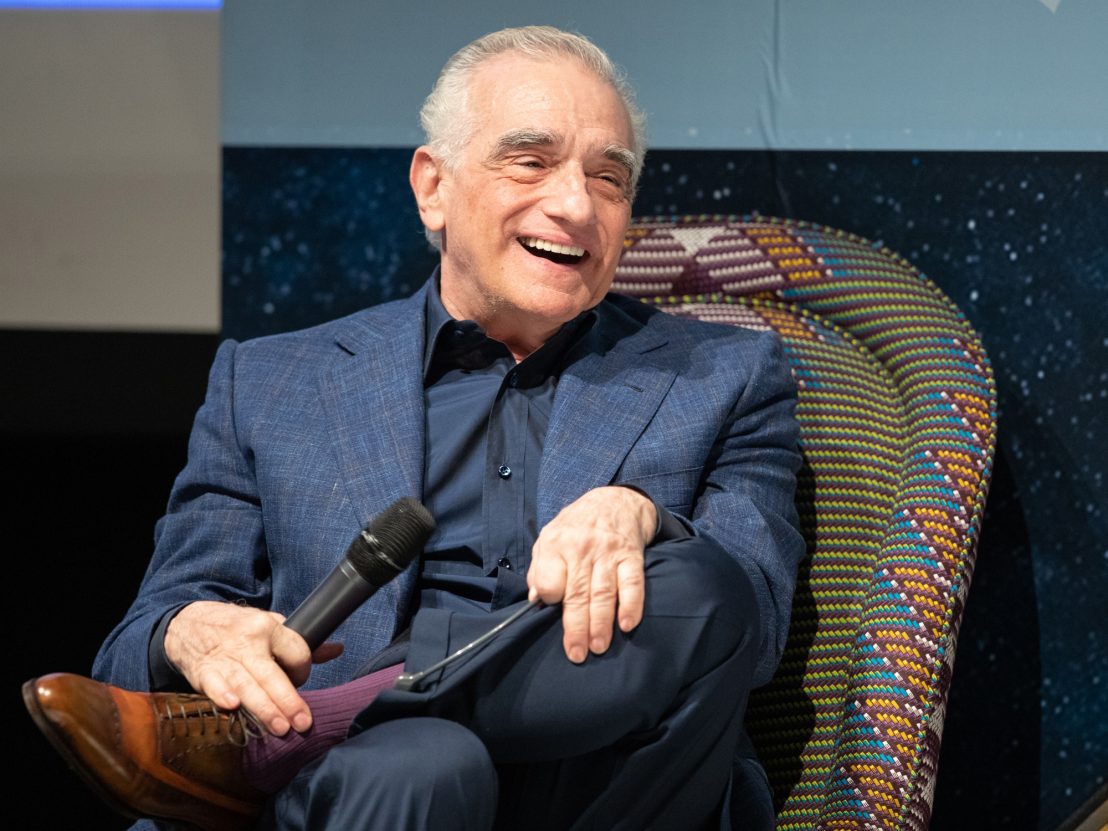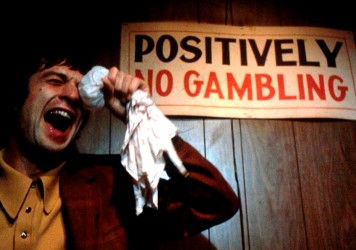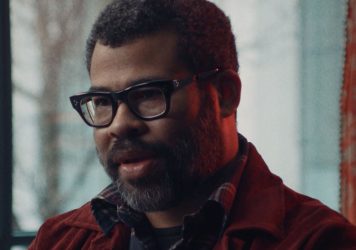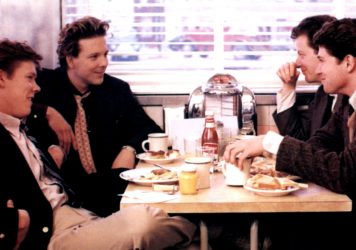
This morning, the Directors Guild of America released a selected excerpt from the upcoming issue of their official magazine, an interview between filmmakers Quentin Tarantino and Martin Scorsese. As two people well-known for their gifts of gab and encyclopedic knowledge of all things cinema, of course their back-and-forth made for an engrossing read, full of insights and tangents and references to films so deep-cuts that they haven’t even amassed a cult following.
While the celebrity interview has recently grown into something of a scourge of the journalism world, this tete-a-tete illustrates the upsides of putting two world-class professionals in a room with one another. Far from the buddy-buddy tone of interviews between A-lister friends, they talk shop with the specificity, breadth of knowledge, and articulate authority of old masters. In the interest of exploring this particular dynamic, we’ve rounded up some of our favorite director-to-director gab sessions, spanning page and screen.
The French New Wave legend Francois Truffaut filled an entire book with transcripts of his conversations with the great Alfred Hitchcock, discursive chats about the very building blocks of cinema and the infinite combinations in which they can be put to work. Their meditations on the medium proved so chockablock with wisdom that servant of the moving image Kent Jones adapted it all into a 2015 documentary about the tome and the extraordinary process of its production. (Fans include Paul Schrader, David Fincher, and Wes Anderson, to name only a few.)
That same year, cinephiles extraordinaire Noah Baumbach and Jake Paltrow (yes, of those Paltrows) assembled this feature-length tribute to one of the luminaries of New Hollywood. The mind behind such classics as Blow Out, Scarface, Phantom of the Paradise, and many more walks through his filmography with no detail spared, looking back on a career that shaped the industry as much as he was shaped by it. Baumbach and Paltrow get the most penetrating soundbites by knowing to ask the right questions; with interviews, like meat grinders, you get out of it what you put into it.
A more recent example came in the revived Fangoria Magazine, which has made an unofficial tradition of sending their last interview subject to conduct the next one. The chain started with Paul Thomas Anderson and Jordan Peele, chopping it up about their then-recent releases Phantom Thread and Us, respectively. (Peele then hit up Ari Aster to talk Midsommar, and Aster reached out to Robert Eggers to discuss The Lighthouse.) They’re both a little more effusive than analytic, but we still get the priceless gem of Anderson geeking out over little-seen indie-horror anthology Southbound.
The French television series Cinema of Our Time was made up of profiles inspecting our great filmmakers, everyone from Hou Hsiao-Hsien (by Olivier Assayas) to John Cassavetes (by André S Labarthe). When Chantal Akerman‘s turn came, however, she decided to go a different route and interview herself. The resultant film is bracingly experimental, a moving self-portrait in a state of suspended auto-interrogation. From an artist who spent her entire life challenging every pre-conceived assumption about the form and her place in it, we wouldn’t have expected anything less.
Published 30 Sep 2019

By Paul Risker
With Martin Scorsese’s seminal crime drama finally out on Blu-ray, we gauge the film’s enduring influence.

The American writer/director discusses his nightmarish new horror.

Barry Levinson’s rapid-fire dialogue and use of popular music set the blueprint for Tarantino’s style.